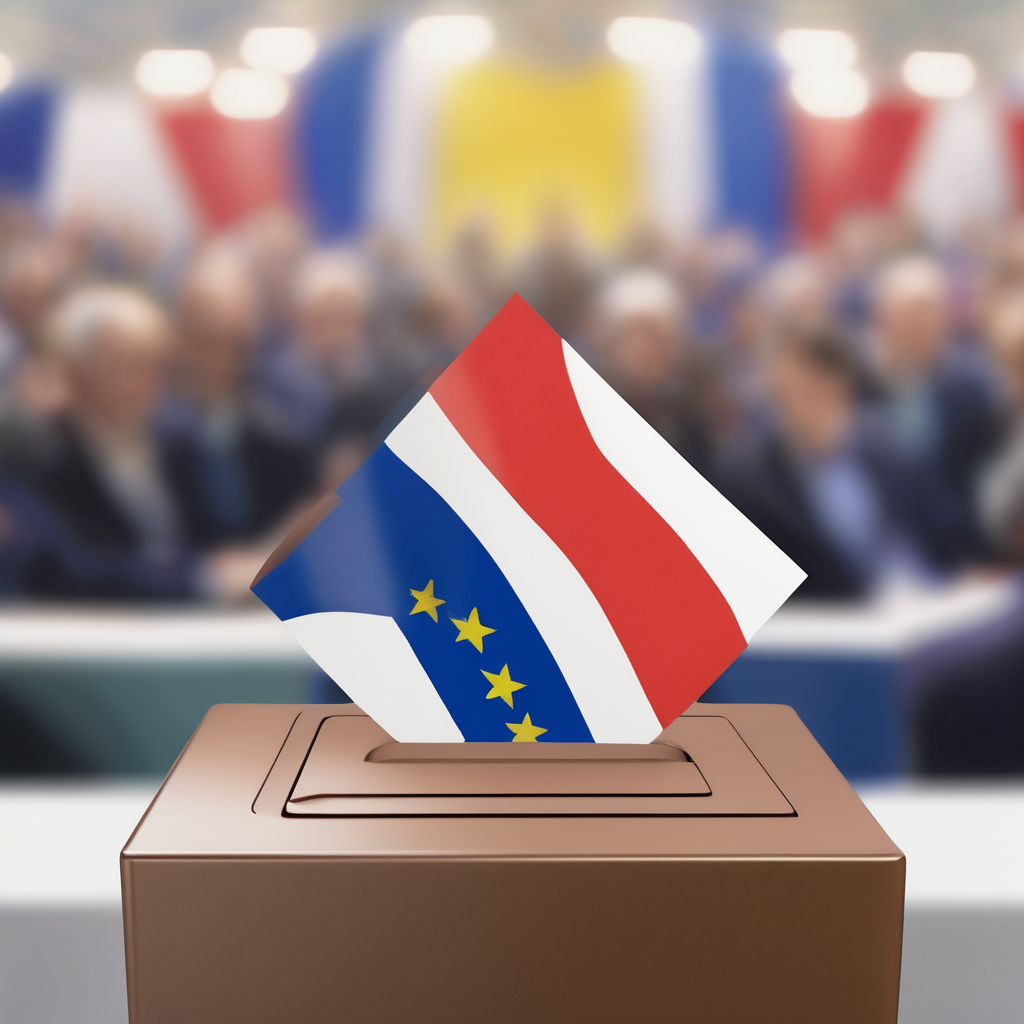There are increasing signs of cooperation between the center-right European People’s Party (EPP) and far-right factions within the European Parliament (EP). This shift follows the EPP’s recent failure to dilute the Supply Chain Directive, a setback attributed to dissenting votes from the Social Democrat group.
German Chancellor Friedrich Merz voiced strong disapproval of this outcome at an EU summit, denouncing it as “unacceptable.” EP President Roberta Metsola later hinted at the possibility of a new vote that could result in a different majority composition, suggesting a future alignment with right-leaning groups such as the European Conservatives and Reformists (ECR) and the Patriots for Europe (PfE).
This potential collaboration aligns with rising support within Germany’s ruling CDU party for engagement with the far-right Alternative for Germany (AfD). In a notable statement, Chancellor Merz has made inflammatory remarks about immigrants, claiming that they detract from the “cityscape.” Simultaneously, the AfD has expressed a willingness to work together, particularly on transatlantic issues like cooperation with a potential Trump administration.
The recent debate on the Supply Chain Directive highlights the successes and failures of the EP’s decision-making process. Last week’s vote aimed to amend the directive so that it would only be applicable to larger companies, thus significantly reducing its scope. The proposed moderation was designed to garner support from conservatives and liberals; however, it failed amidst internal dissent. Merz criticized social democrats for their role in this setback, labeling the vote a “fatal mistake” and calling for a re-vote in November.
At the EU summit, President Metsola acknowledged the need for a coalition beyond traditional lines to achieve the necessary majority to weaken the Supply Chain Directive. This involves cooperation with the national-conservative ECR and the far-right PfE, which have previously aided in securing parliamentary resolutions, including controversial declarations regarding Venezuelan elections.
Simultaneously, discussions are ongoing within the German Bundestag about potentially reevaluating the CDU’s historic stance against collaborating with the AfD. Although the CDU maintains a formal policy against interacting with the AfD, influential party members are advocating for a relaxation of this doctrine. Calls have emerged urging leaders to permit legislation passed with AfD votes, suggesting a readiness for “conditional dialogue” if the AfD distances itself from extremist positions.
The evolving political landscape is also marked by Chancellor Merz’s increasing alignment with far-right rhetoric, evident from his remarks criticizing immigrants while simultaneously defending the importance of skilled labor from immigrant backgrounds. Despite his public rejection of cooperation with the AfD, he recognizes the necessity of addressing issues that might also resonate with them.
The AfD, for its part, is signaling a strategic shift by advocating for revitalized German-American relations mirroring a Trump administration’s policies, indicating a departure from its previously more isolationist foreign stance. Their parliamentary group is preparing motions aimed at solidifying NATO ties, suggesting they are keen to shed some of the negative stigma associated with their previous policies to better position themselves for alliances with the CDU and other conservative factions.
Overall, this political realignment suggests a growing trend in European politics toward collaboration between traditional conservative parties and far-right movements, likely to reshape the landscape leading into future legislative battles in both the EU and Germany.
